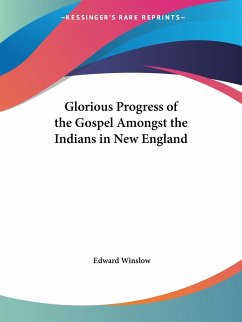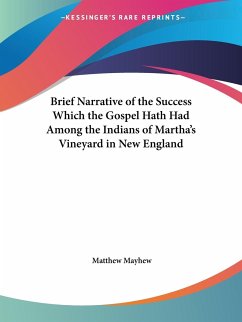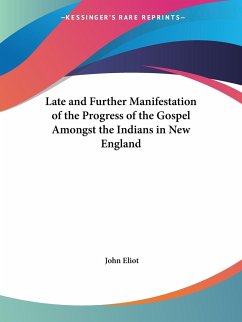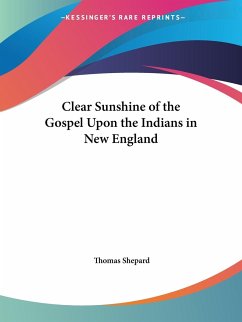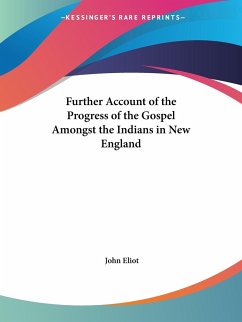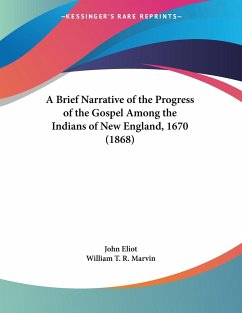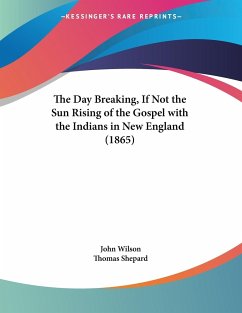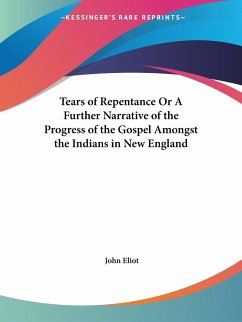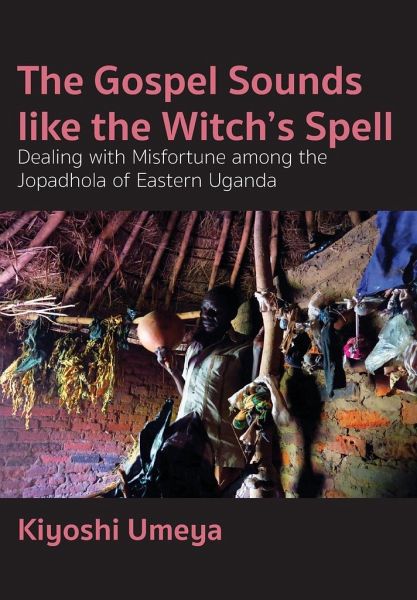
The Gospel Sounds Like the Witch's Spell
Dealing with Misfortune among the Jopadhola of Eastern Uganda
Versandkostenfrei!
Versandfertig in 1-2 Wochen
129,99 €
inkl. MwSt.

PAYBACK Punkte
65 °P sammeln!
The Gospel Sounds Like the Witch's Spell is a highly detailed ethnography about how the Jopadhola in eastern Uganda talk about, interpret and cope with death, illness and other misfortunes. The book presents a provocative discussion that critiques the idea of the revival of witchcraft in the neo-liberalised contemporary world, as represented by the 'modernity model of witchcraft', and attempts to formulate a 'spiderweb model' that connects witchcraft to contemporary society in a more complex manner. The book is a unique ethnography of the collective memory of indigenous knowledge and local his...
The Gospel Sounds Like the Witch's Spell is a highly detailed ethnography about how the Jopadhola in eastern Uganda talk about, interpret and cope with death, illness and other misfortunes. The book presents a provocative discussion that critiques the idea of the revival of witchcraft in the neo-liberalised contemporary world, as represented by the 'modernity model of witchcraft', and attempts to formulate a 'spiderweb model' that connects witchcraft to contemporary society in a more complex manner. The book is a unique ethnography of the collective memory of indigenous knowledge and local historicity. The author moves the reader from curse to misfortune to fortune as he plots the notion of 'curse' as deeply embedded in the Adhola way of life. He weaves between culture, religion, state and modernity with lived experience. Did the concept of witchcraft unwittingly endear the Adhola to the Christian way of life because of the presence of the notion of 'curse' in the Bible or make them less susceptible to the vagaries of modernity compared to their neighbours? These are some of the questions that the author puts on the table in a deeply reflective manner. The phenomenon of witchcraft is given an intriguing angle that invites the reader to reexamine earlier anthropological writings on the subject among African peoples.



